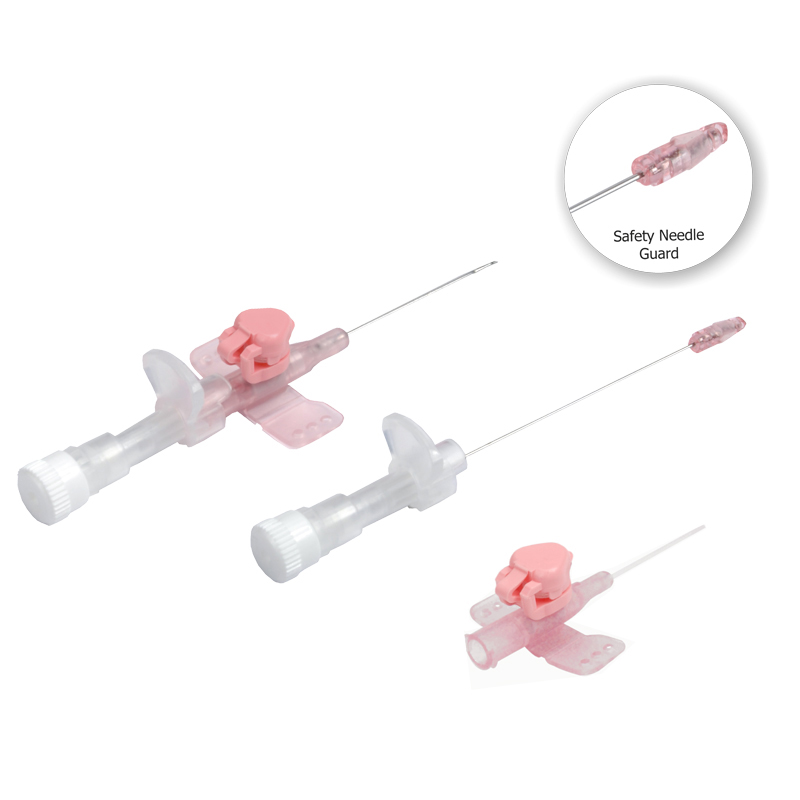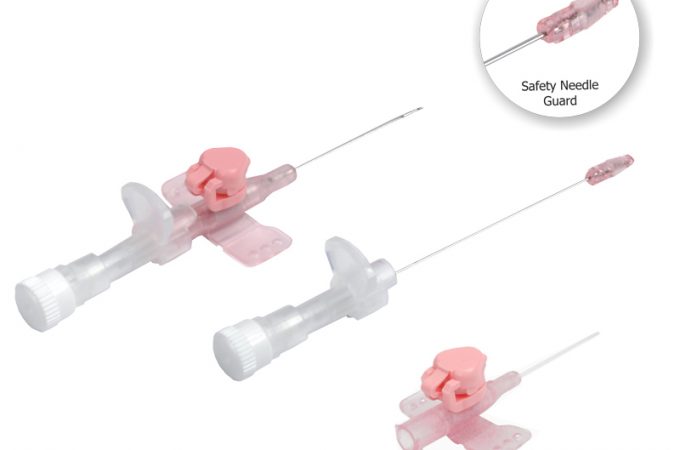Microcannulas are tiny devices that aid in the percutaneous delivery of chemotherapeutic agents. Some studies have confirmed their use in various cancer applications and indications, including locally advanced breast carcinomas, pancreatic ductal adenocarcinoma, non-small cell lung cancer, and several other solid tumours. Microcannula-catheter systems have been used in these settings without complications or adverse events.
A study examined a group of patients with breast cancer and found that tiny cannulas were less traumatic than larger cannulas, making them more suitable for the sensitive procedure of percutaneous chemotherapeutic delivery. In a study, many different types of microcannulas were tested in various experimental situations. The devices were implanted at different depths and used for chemotherapeutic delivery, embolization and injection of contrast.

The study results showed that some of the microcannulas had smaller diameters than other types, which may have implications for use in percutaneous chemotherapeutics. There was little evidence to suggest that the smaller cannulas performed poorly or caused adverse events in the study. However, there was no evidence to suggest that these devices led to additional complications or significant problems with patient morbidity. For more details, you can consider https://facemedstore.com/blogs/blog/microcannula-vs-sharp-tip-needles-advantages-and-disadvantages or pay attention to the following details.
- Ecchymosis
One of the most commonly found problems in percutaneous procedures is ecchymosis (hematoma), defined as a localized area of extravasated blood following a percutaneous procedure. It is caused by disruption of the underlying vascular bed, which may be due to mistakes or accidental trauma to the surrounding area. The use of microcannulas in breast cancer applications can cause an increase in ecchymosis, and this may lead to an increase in complications, something that should be taken into account when planning these procedures.
- Vascular Compression
A microcannula has been designed with a smaller calibre of the device to reduce trauma and complications. It is an attempt to make the procedure less traumatic for the patient and is seen as a safer method of drug delivery. While this may seem reasonable, it can also lead to vascular compression and potentially reduce blood flow through the area. It may lead to increased oxygen demand or decreased perfusion (reduced blood flow), which can create complications or problems with drug delivery.
- Collagenesis
Collagenesis, or thrombosis, is a rare complication of percutaneous injections and procedures. This complication can occur due to vascular compression or direct bodily trauma, although it can also occur due to infection. The use of microcannulas in breast cancer applications may cause the development of Collagenesis, and the increased pressure from the cannula during drug delivery may lead to tissue damage.

Many complications occur with the human body, and it is a must for people to know about all the significant aspects related to Microcannulas to have better results. Once you learn about this injection, you can deal with your body problems by taking the dose at the right time. Try to learn more and more about this injection so that you never face any problems related to it.

